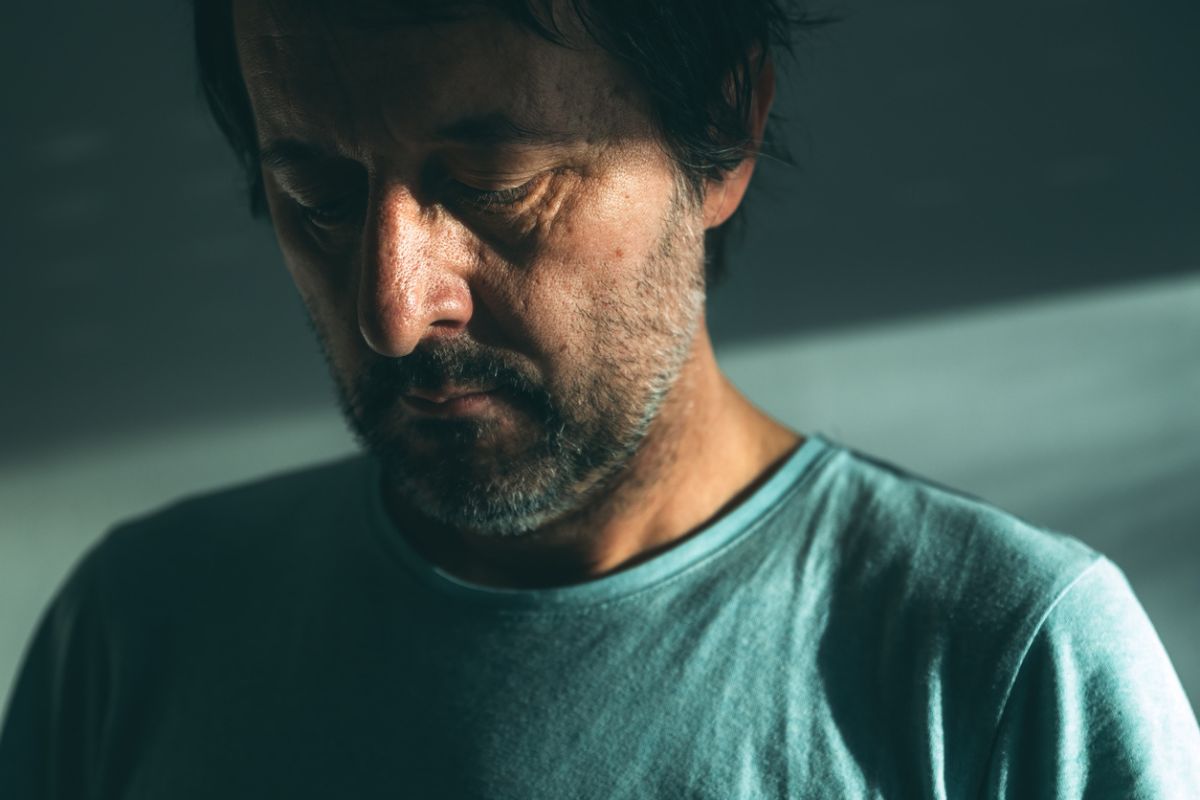Yoga has a reputation for making its devotees feel good, but a lot of that good press has been purely anecdotal. That could be changing thanks to some compelling evidence from a new study published in The Journal of Clinical Psychiatry showing how hot yoga can help treat depression.
Yoga Put To The Test
Conducted as a randomized controlled trial, Massachusetts General Hospital researchers enrolled 80 participants with varying degrees of depression and divided them into two groups. One group practiced 90-minute sessions of Bikram yoga in a room heated to 105°F. The other followed standard treatment protocols for depression while placed on a waitlist to take the class. The average yogi ended up taking about 10 total classes over the course of the eight weeks.
By the end of the trial period, the yoga group reported a noteworthy 40 percent reduction in depression as measured by the clinician-rated Inventory of Depressive Symptomatology (IDS-CR) scale. This was a healthy improvement compared to the 15 percent reduction observed in the control group.
More than half (59 percent) of the people who practiced yoga saw their depressive symptoms decrease by at least 50 percent, while only a small fraction of those who didn’t do yoga enjoyed similar improvement. Even better, a significant number of people in the yoga group had such low depression scores, their condition was considered to be in remission.
Even once a week yoga sessions helped manage depressive symptoms. But it’s also notable that more yoga produced even better outcomes. Those engaging in yoga three or more times a week had an even greater overall reduction in symptoms. This suggests that the benefits of downward dogs and tree poses in treating depression are dose dependent. The practice could provide patients a scalable solution tailored to their needs.
Beyond the short-term effects, the researchers conducted follow-up assessments at three and six months. A lot of the psychological advantages held. The yoga group maintained an impressive 35 percent reduction in symptoms at the three-month mark and only a slight uptick in symptoms after six months.
The control group, despite receiving standard treatment, did not experience the same level of improvements. This gap in results underscores the potential shortcomings of relying solely on conventional methods alone to treat depression. It also makes a strong case for integrating holistic practices like yoga into mainstream treatment regimens.
IN OTHER PSYCHIATRY AND NEUROLOGY NEWS
- Bodybuilders may be more susceptible to developing muscle dysmorphia and eating disorders. Anabolic steroids often magnify their mental health problems.
- An elderly woman with profound hyponatremia presents with well-formed auditory hallucinations that involve hearing voices giving her commands. A new case study outlines her treatment.
- A new paper advocates for adhering to six guidelines in long-term benzodiazepine treatment.
- Pramipexole rapidly improved depression and anhedonia symptoms in a patient on buprenorphine and an antidepressant.
- In a landmark case, a bipartisan coalition of 33 states has filed a lawsuit against Meta, parent company of Facebook and Instagram. The suit accuses the company of harming the mental health of young people by engineering addictive features for kids. It also claims the company collects data without parental consent.
- Follow us on YouTube for bonus video content, like this explainer on the impact of tardive dyskinesia on patient’s lives.
NEW AT CME INSTITUTE
Register Now for Emerging Perspectives in Neurology, a live CME meeting in San Clemente, Calif. worth 5.0 AMA PRA Category 1™ credits.



